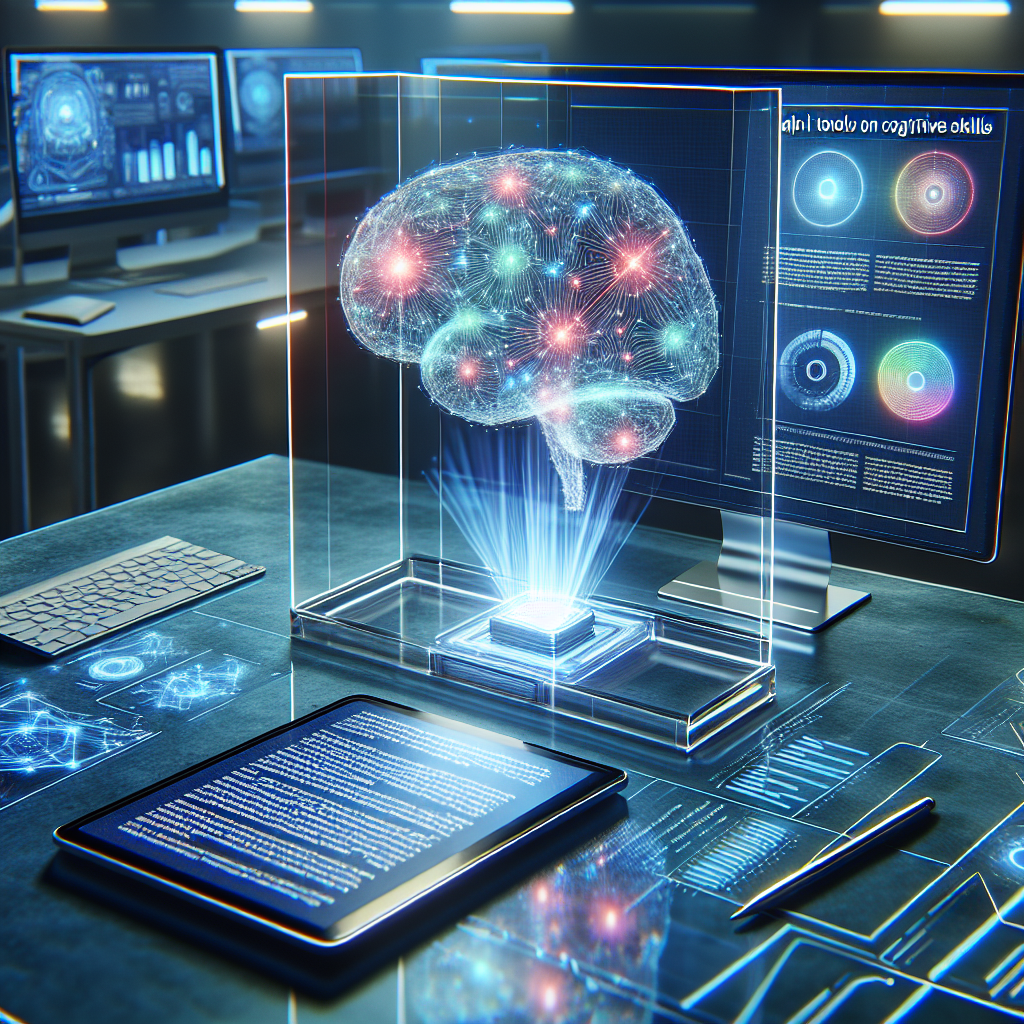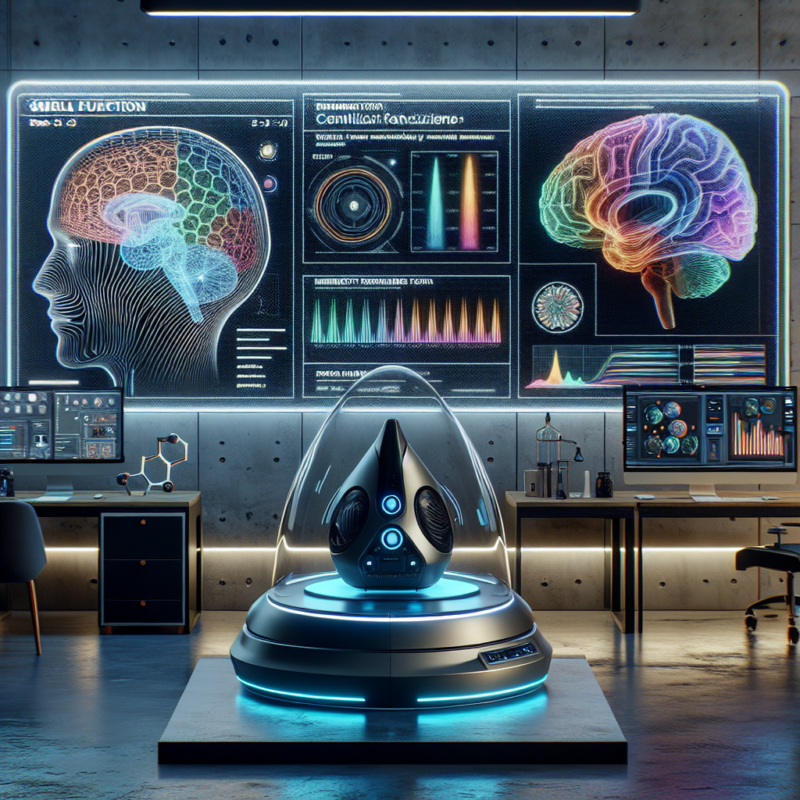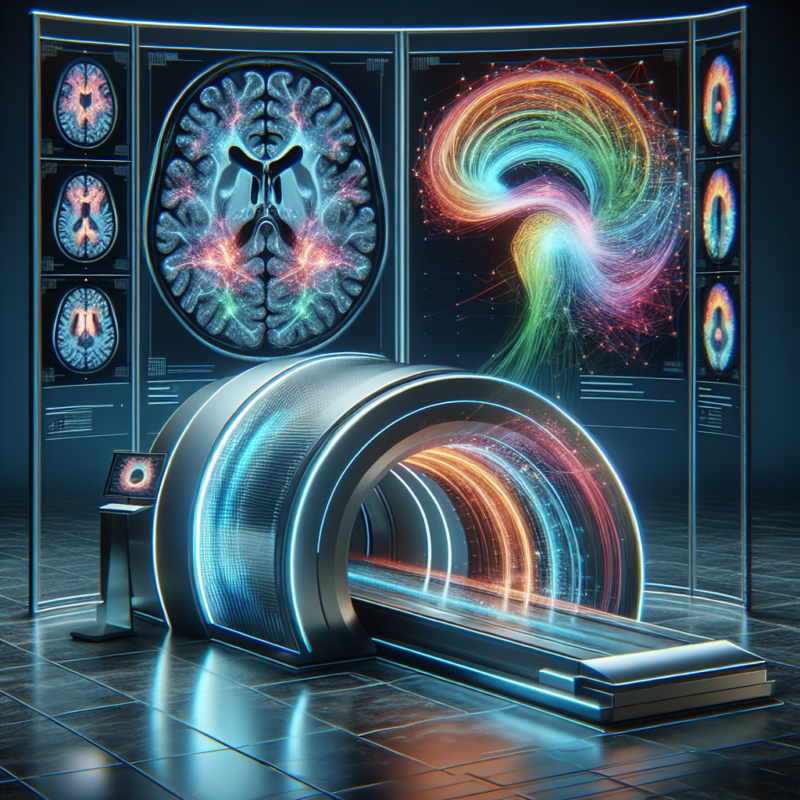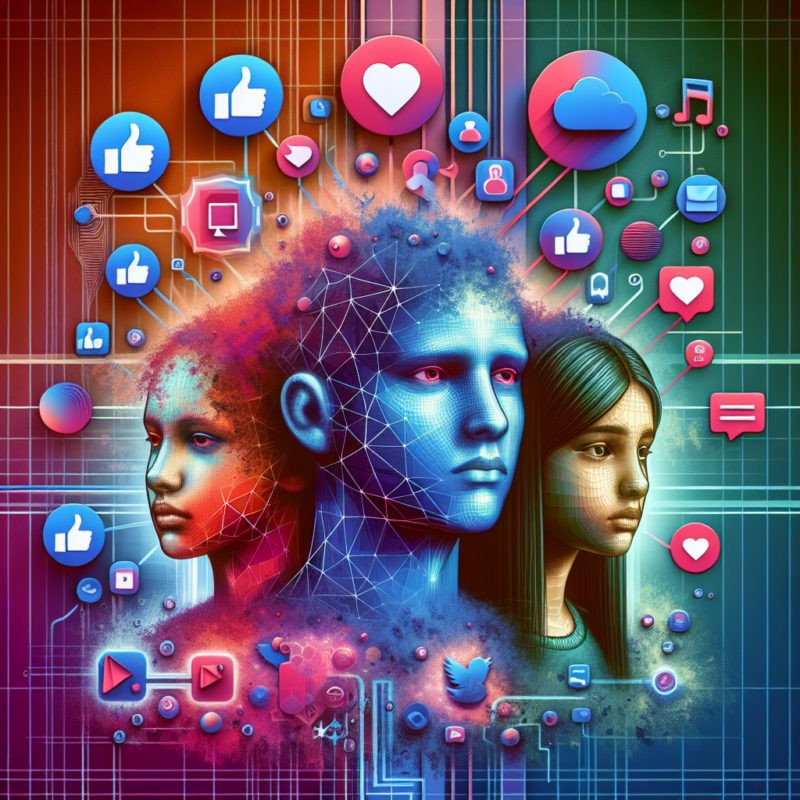Are AI Tools Harming Critical Thinking Skills? Study Highlights Concerns
Frequent use of AI tools may weaken critical thinking skills, especially in younger individuals, according to a new study. Researchers raise concerns about the impact on cognitive skills as AI integration continues.
“
A recent research article in the journal Societies indicates that excessive reliance on artificial intelligence (AI) tools may have a detrimental impact on critical thinking skills. The study suggested that individuals who frequently use AI tools exhibit weaker critical thinking abilities due to a cognitive process known as cognitive offloading. This phenomenon was particularly noticeable among younger participants, while those with higher levels of education tended to maintain better critical thinking skills regardless of their use of AI tools.
Concerns have been raised about the potential effects of AI on cognitive skills as it becomes more integrated into various aspects of society, including education and decision-making processes. Critical thinking, which involves analyzing and evaluating information to draw logical conclusions, is crucial for effective problem-solving and independent decision-making. While AI tools offer quick solutions, an overreliance on them may limit opportunities for deep cognitive engagement.
The study was motivated by the increasing incorporation of AI tools into everyday life and the potential consequences on cognitive abilities. The lead author of the study, Michael Gerlich, emphasized the importance of understanding how AI influences cognitive engagement and critical thinking skills. The research aimed to provide insights to educators, policymakers, and technology developers to promote a balanced approach to AI adoption.
The study employed a mixed-method approach, combining survey data with in-depth interviews. Participants from different age groups and educational backgrounds completed surveys assessing their use of AI tools, cognitive offloading behaviors, and critical thinking skills. The results showed a negative correlation between frequent AI tool usage and critical thinking abilities, with cognitive offloading playing a significant role in this relationship.
Participants who heavily relied on AI tools for tasks like obtaining quick answers or making decisions tended to demonstrate weaker critical thinking skills. Younger individuals, in particular, showed higher AI tool usage and greater cognitive offloading, leading to lower critical thinking scores. On the other hand, older participants with higher levels of education exhibited stronger critical thinking skills and were less dependent on AI tools.
The study findings underscore the importance of active engagement with information and critical evaluation of AI-generated content. Educating individuals on how to critically assess AI information could help mitigate the negative impact on cognitive abilities. While the study highlights correlations rather than causation, further research is needed to explore the long-term effects of AI on cognitive skills across different demographic groups and technological contexts.
In conclusion, the study emphasizes the need to strike a balance between leveraging AI’s benefits for efficiency while ensuring that individuals maintain their critical thinking abilities and cognitive engagement. Collaborative efforts between educators, policymakers, and technologists will be essential in designing AI systems that support human cognition and intellectual autonomy in the evolving technological landscape.
Published on: 2025-03-21 12:00:00 | Author: Eric W. Dolan










